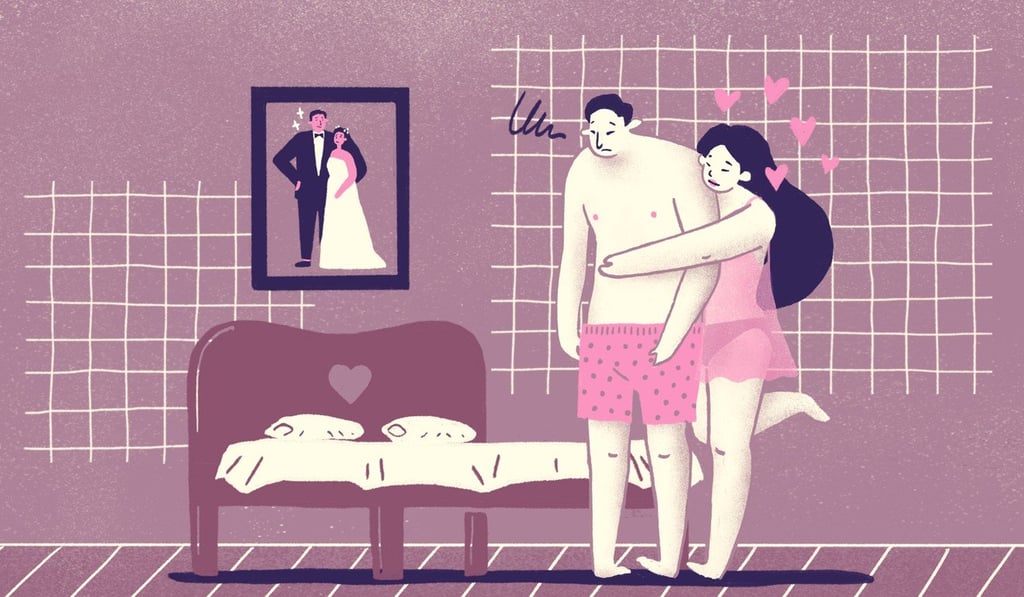The Naked Truth | Erectile dysfunction: how you can still have a happy sex life and why men shouldn’t be ashamed
- Every man experiences some erection problems due to physical or emotional issues, while an unhealthy lifestyle and poor fitness levels also play a part
- If you don’t put pressure on yourself and explore other ways to be intimate, fun in the bedroom can still be had

When a man suffers erectile dysfunction (ED), it is easy to jump to conclusions and focus on his inadequacies, rather than consider the distress his partner can experience.
Partners of ED sufferers tend to internalise their feelings of self-blame, and it is easy for them to assume that they are no longer attractive to their partner. A lack of education about the causes of ED can contribute to anxiety, and sometimes, even feelings of hurt and anger when the problem occurs.
Erectile dysfunction is medically defined as the inability to achieve or sustain an erection long enough for sexual intercourse. Just about every man experiences some erection failures at certain points in their lives, but ED sufferers experience this issue far more frequently than the average man.
It can affect any man at any age, and over 50 per cent of men aged between 40 and 70 suffer from the condition to some degree. In a recent study of men in China, it was found to have a prevalence rate of over 40 per cent.

However, the problem is beginning to affect younger men between 18 and 40 the world over, and it is affecting as many as three in every 10 men in their prime.
It is more challenging for young men to cope with “performance problems”, as they are more sexually active, says Dr Kristin Zeising, clinical psychologist and certified sex therapist at MindnLife, a Hong Kong-based private psychology practice.
